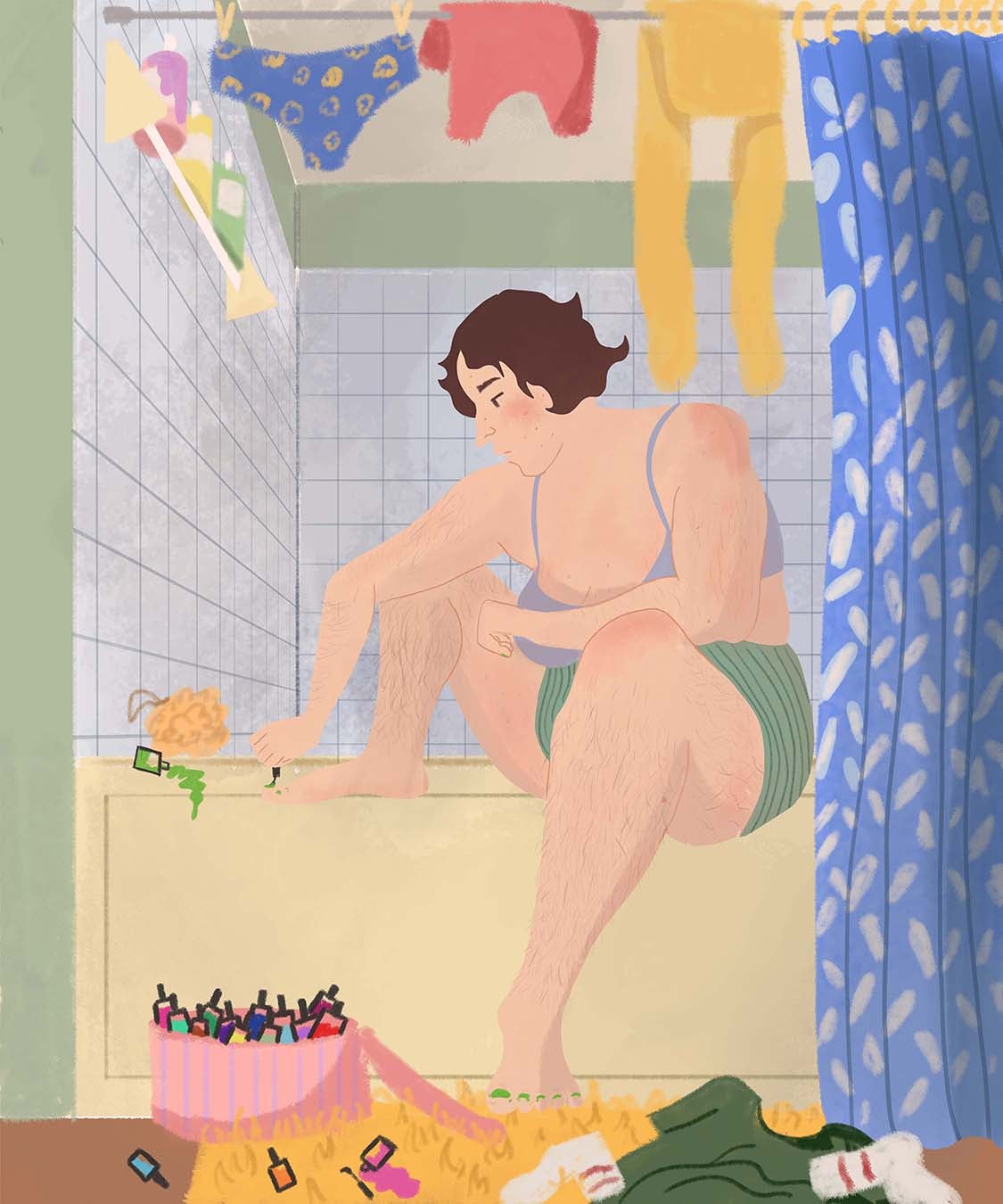
Devin Clark
Sunday 3pm
*FINALIST*
Traditionally, queer spaces are associated with nightlife. This is because bars and clubs have historically been outlets for queer individuals to find community and validation when the world persecutes them. However, the 21st century has transformed queer spaces. Now, scrolling through TikTok has brought Voguing, Drag, and other central elements of queer culture to a worldwide audience. Instead of these performances being filmed in a club, they are often recorded straight from the artist’s bedroom. While nightlife remains very much alive, the internet seems to be the chosen place for many young queer people. Without the lights, stages, and crowds of the club scene, private spaces allow individuals to thrive without social pressure. While some may view privacy as isolating, I find the environment encourages authenticity despite the dangers of the world, which becomes a testament to the strength of our identities.
This idea further proves that even without the external validation of our friends and community, we as humans strive to perform and create- if only just for our bathroom mirror. Before COVID, femininity was the only gender expression I felt safe to present in public. While I sometimes wore masculine clothes, and began to grow out my leg hair, these acts were only small defiances to my overwhelming femme appearance. This performance was something I crafted from years of trying to mask my fatness and queerness under what was socially acceptable for my assigned gender. I believed If people already viewed me as lesser for my size and sexuality, I could earn their respect by becoming somewhat recognizable in femininity. However, the world’s shutdown in 2020 shifted this mindset. Baggy shirts and cargo pants became my everyday appearance while my femininity became a performance to explore as a costume, rather than a reflection of myself. I let go of trying to be palatable for the male gaze and instead dressed however I felt comfortable. This allowed me to realize my gender identity reflects that of a drag queen rather than a cis woman. This truth led to my realization of my trans identity. I now find androgynous clothing and using They/Them pronouns feels more authentic to my inner self than the costume of femininity I wore throughout my young life. While I still sometimes explore elaborate presentations of femininity, this performance is one I can take off. The ability to privately explore my gender allowed me to reinvent myself. My piece reflects the power of private spaces, specifically, my experience of transformation during the pandemic.
